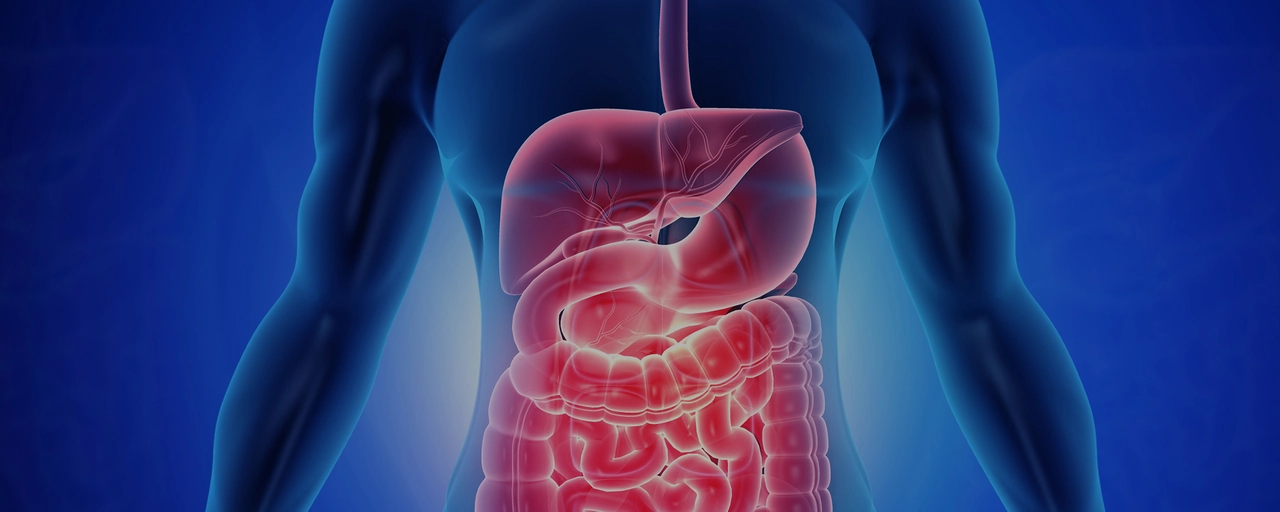In my recent research on Amiodarone, I discovered that this medication, commonly used to treat irregular heartbeats, can potentially cause gastrointestinal side effects. It's important to be aware of these possible side effects, which may include nausea, vomiting, and constipation. Some patients also report experiencing abdominal pain and loss of appetite. If you're prescribed Amiodarone, be sure to closely monitor your symptoms and consult your doctor if you encounter any of these issues. Remember, it's always better to be safe than sorry when it comes to our health.
Gastrointestinal Side Effects: Quick Guide to Common Drug Reactions
If you’ve ever taken a new prescription and felt an upset stomach, you’re not alone. Many meds stir up your gut—causing nausea, cramping, or diarrhea. Understanding why this happens can save you trips to the doctor and help you stay on track with treatment.
Common Causes of GI Side Effects
First off, the culprits are usually drugs that touch the digestive lining directly or change your gut bacteria. Metformin (sold as Glycomet) is a classic example; it often triggers nausea and loose stools when you start it. NSAIDs like Feldene can irritate the stomach lining, leading to heartburn or even ulcers if you take them on an empty belly.
Other meds—antibiotics, some antidepressants, and even certain blood thinners—can upset your gut by killing good bacteria or altering hormone balance. The side effect isn’t a sign the drug is harmful; it’s just your body adjusting.
How to Ease Stomach Upset
Here are three simple tricks that work for most people:
- Take with food. A small snack or a full meal can buffer the medication and reduce irritation. For Metformin, splitting the dose throughout the day helps too.
- Stay hydrated. Diarrhea can dehydrate you fast. Sip water, herbal teas, or an oral rehydration solution if you’re losing fluids.
- Try probiotics. A daily yogurt or supplement can repopulate friendly gut bacteria, especially after antibiotics.
If symptoms persist beyond a week, or you notice blood in stool, severe pain, or vomiting, call your healthcare provider. They might adjust the dose, switch to an alternative, or add a protective drug like a proton‑pump inhibitor for NSAIDs.
Another practical tip: keep a simple diary of what you take and how you feel. Jot down the medication name, time, food intake, and any gut symptoms. Over a few days you’ll see patterns—like nausea only when you skip breakfast—that can guide your doctor’s next steps.
Remember that not every stomach upset means you should stop the medicine abruptly. Stopping suddenly can cause rebound effects or worsen the condition you’re treating. Always discuss changes with a professional before making them.
In short, gastrointestinal side effects are common but manageable. By pairing meds with food, staying hydrated, and supporting your gut flora, you can often keep the discomfort in check and stay on course with your treatment plan.

